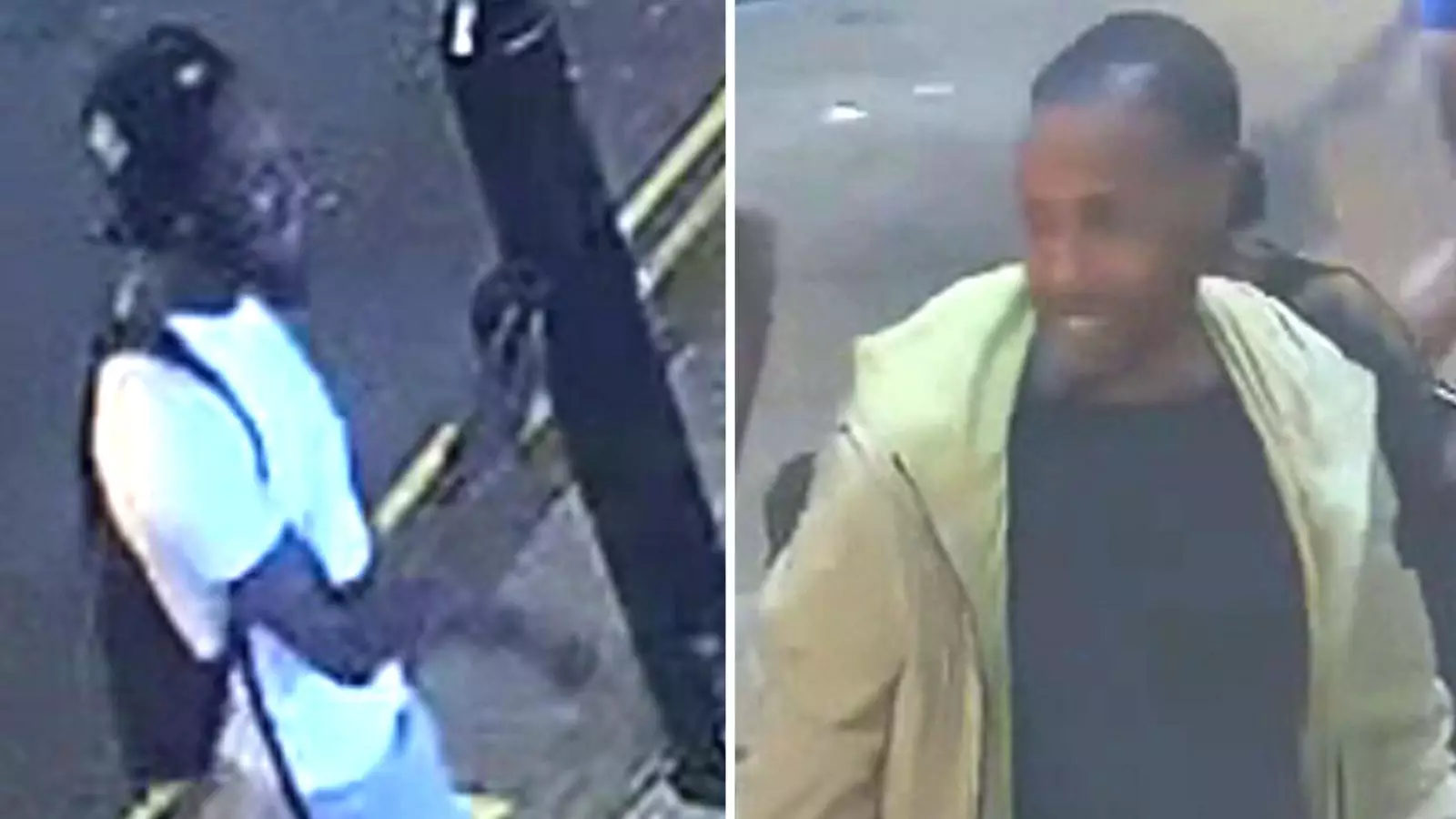In the wake of a tragedy that has shocked the culinary community and the wider public alike, details surrounding the death of renowned chef Mussie Imnetu continue to unfold. Imnetu, whose career has seen him work alongside some of the world’s most celebrated chefs, was discovered unconscious on Queensway in west London during the boisterous atmosphere of the Notting Hill Carnival. The incident, occurring on the night of August 26, led to a desperate rush for medical intervention, ultimately proving futile by the time he succumbed to his injuries several days later on August 30.
The circumstances surrounding Imnetu’s injury are particularly harrowing. Reports indicate that prior to being found in critical condition, he had an altercation during the carnival festivities, which escalated tragically. Witnesses recount that after an interaction with Omar Wilson, a 31-year-old man from Leytonstone, an aggressive confrontation materialized, leading to multiple punches being delivered after Imnetu had already fallen to the ground, suggesting a severe disregard for human life.
In the days following the attack, law enforcement moved swiftly, arresting Wilson and initially charging him with grievous bodily harm. However, as Imnetu’s condition deteriorated, these charges were elevated to murder, reflecting the gravity of the event. Currently awaiting trial at the Old Bailey, Wilson has pleaded not guilty, igniting discussions on the nature of accountability in violent incidents stemming from public gatherings.
Detective Chief Inspector Brian Howie, who is overseeing the investigation, has been vocal about the police’s efforts to secure pivotal evidence. The release of images showcasing two individuals deemed potential witnesses underscores the importance of gathering testimonies from those who were in proximity to the tragic encounter. Importantly, Howie emphasized that the individuals in the images are not suspects but rather may possess crucial information that could help clarify the sequence of events leading to Imnetu’s death.
The loss of Mussie Imnetu, a chef celebrated for his distinctive style and exceptional talent, reverberates through the culinary world. Praised for his leadership at The Brasserie at The Arts Club Dubai, Imnetu was a figure of inspiration who had a rich history of working with culinary greats like Gordon Ramsay and Marcus Wareing. His background, originating from Eritrea and evolving through his childhood in Sweden to prominent positions in London and New York, encapsulates a narrative of passion and perseverance.
As tributes pour in from fellow chefs and friends, it becomes evident that Imnetu left an indelible mark on those fortunate enough to know him. The connection chefs share often transcends mere recipes and techniques; it embodies a shared journey through challenges, successes, and culinary artistry. Culinary institutions across the globe are now faced with reflecting on the fragility of life, as such incidents serve as stark reminders of the outcomes of unchecked aggression and the necessity for community vigilance against violence.
In light of this tragic event, detectives are actively urging members of the public who were present near the Dr Power restaurant during the critical hours of the night to come forward. They stress that any scrap of information could assist in painting a full picture of what transpired. The ongoing dialogue surrounding the need for community engagement in criminal investigations is essential. By encouraging witnesses to speak out, law enforcement seeks to bridge gaps in understanding and ensure justice for the victim whose life was abruptly cut short.
Moreover, this situation exposes a broader societal challenge—how violence can erupt in public festivities meant for celebration and connection. It compels a deeper examination of community safety, the role of bystanders in confrontations, and the responsibility of individuals to foster environments where such incidents can be averted.
The death of Mussie Imnetu transcends the tragedy of loss; it forces critical introspection on violence, accountability, and the communal bonds that bind us all. As investigations proceed, the hope remains that justice will prevail, and lessons will emerge for both society and the culinary world, nurturing a future where talent can thrive without fear of senseless violence.


Leave a Reply